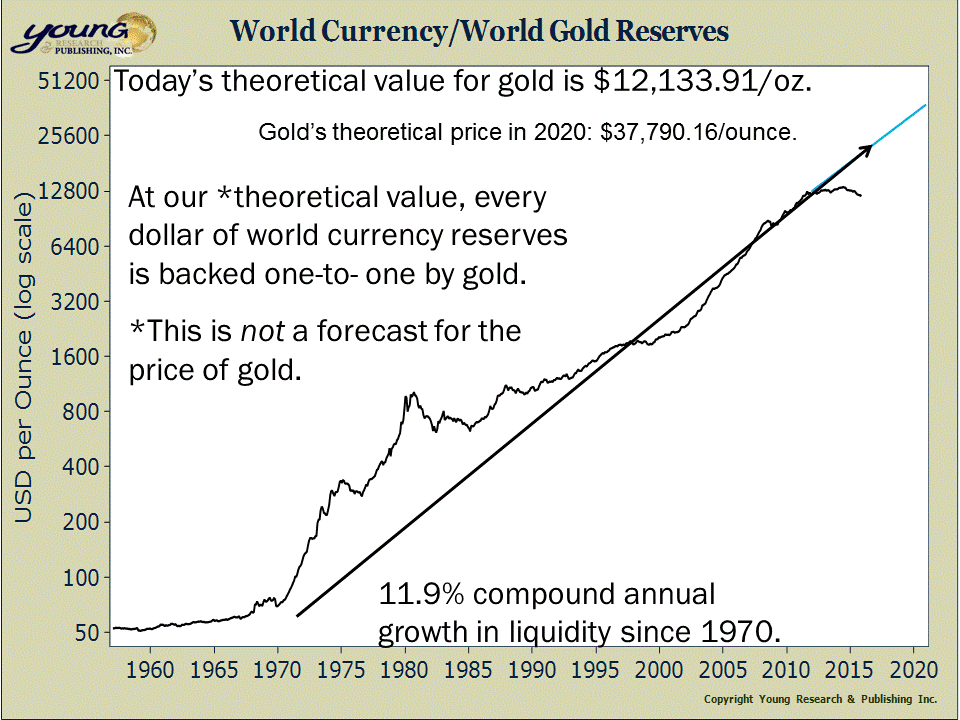You would never believe it today, but there was a time when The New York Times‘ editorial board supported sound money. And the person writing sound money editorials against a proposed Bretton Woods agreement was Henry Hazlitt. Today the first name that comes to my mind when thinking about The New York Times and monetary policy is the “print til’ you die” economist Paul Krugman.
Contrary to the Keynesian crowd, Hazlitt believed it was irresponsible to make the dollar a reserve currency, as good as “gold”, knowing full well there would never be enough gold to satiate government spending demand. President Nixon proved that to be true by closing the gold window in 1971. Eventually Hazlitt was run out of town by the progressives at The New York Times, but as it turns out he was right on the money from the beginning.
In 1982, in his book From Bretton Woods to World Inflation: A Study of Causes & Consequences, Hazlitt wrote:
The Bretton Woods agreements, drafted in 1944, and the International Monetary Fund set up by them, were not the sole causes of the present world inflation. But they constituted a major contribution. They were built on the assumption that inflation-the continuous expansion of international paper credit, and the continuous making of loans by an international governmental institution-were the proper and necessary ways to “promote world economic growth.” This assumption was disastrously false, We will not stop the growth of world inflation and world socialism until the institutions and policies adopted to promote them have been abolished.
E.J. Smith - Your Survival Guy
Latest posts by E.J. Smith - Your Survival Guy (see all)
- “What Do You Do If the Market Crashes?” - April 19, 2024
- Costco Gold Bars Sell Out Despite Premium Price - April 19, 2024
- A Wise Man’s Take on the Boston Bruins Playoff Chances - April 19, 2024
- Is Your Retirement Life a Mess? Let’s Talk - April 18, 2024
- Your Survival Guy Learns from Marie Kondo - April 18, 2024
















